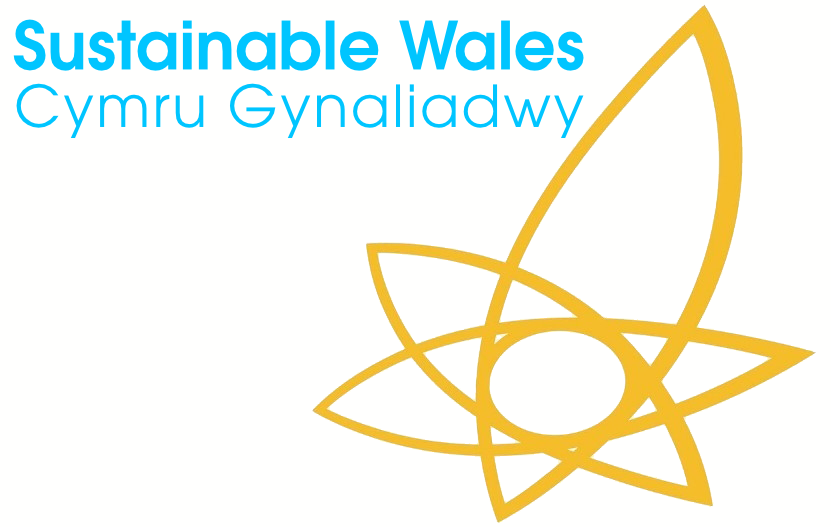Spring, 2024
Kristian Evans
This light is a trick - Laura Wainwright
Suddenly the rain catches us, swirling in on the squall between the dunes as the storm makes land, soaking us quickly. My hat is snatched off as I hurry the kids into the shelter of a ragged copse, scuffling our way into a tangle of silver birch and goat willow.
Stragglers, caught out, we huddle close and watch the world washing itself away, an artist scrubbing out a sketch on a whim and starting again with a palette composed only of greys.
Buckthorn shivers and sighs over the whipped marram, and a lump of greywacke rock stains to the colour of poppyseed. The advancing waves of rain rippling into the distance over the miles of sand seem like formations of ghostly dancers, moving in time to the rising and falling of the wind’s rough choir.
Shifting tides and currents of grey spoiling and fraying and combining to make new shades. Porpoise grey meets blue roan, and tumbling together they make the grey of sparrow’s eggs: it fades and then thickens to the glaucous of a gull’s wing.
It’s as if the rain is a veil, revealing a face by concealing it, taupe and ash and shale, wetting each other to graphite, and jackdaw and moon-grey. Revealing a soul, perhaps.
I begin to recognise many faces dissolving and resolving, mouths opening and closing. A world-soul, the anima mundi, writing its moods into the weather. Today’s mood is hard to read. It’s a text I decide, and the obscurity of it invites us to participate in the making of meaning.
The shadows of things change as the storm-light thins: lilac shadows, gunmetal shadows, charcoal shadows. I watch a flock of sanderling shimmer and disappear where the tideline seethes.
“This is the life boys!” I shout, as the rain intensifies, and we shrink deeper into the trees, our boots sinking into the marshy ground. “Glaw llwyd, glaw perlog, breuddwyd llwyd, glaw fel siôl am eich ysgwyddau”.
“Is that right,” I ask the eldest, “ysgwyddau?” He grins and rolls his eyes as we fail to raise our voices above the rush and the roar.
And now the billowing rain is the encephalogram of an ancient brain, older than we can imagine, old even before the first word sparked out of the flint. They say a body acts before the desire to act articulates itself in the mind; that the body knows what it’s going to do before the mind does.
We decide nothing. Maybe the dream of a world comes before the world itself, like a blind fish turning suddenly in the deeps where no light reaches, where no eyes shine.
Just as I’m beginning to think we’re stuck here, the crack of a distant gunshot rings out – its echo lurching and sinking through the wind. A white gleam of sun breaks like a blade through the soft belly of the cloud and as quickly as it came the rain is gone. I imagine somewhere, not far away, fat, glossy dots of blood are dripping onto wet black leaves.
We emerge from the copse blinking into spreading gold and rising steam, cautious bursts of birdsong. The musky scent of wet sand crushing under our feet, we hoist our rucksacks and press on.
Laura Wainwright
Brian Eno’s ‘On Land’:
This is the music of my view:
a crescent moon under a dog star, clouds scudding in the grey dawn.
These are the words of Derek Jarman in Modern Nature, as he observes the alchemy of an August morning from his cottage on the austere radioactive shingle beach at Dungeness.
I use Jarman’s description because it captures an imaginative and creative space where poetry, visual art and music are inseparable – as they are in my mind. But also because I was listening to Brian Eno’s Ambient 4: On Land, when I painted ‘This light is a trick’.
That album – particularly, for me, the appositely titled ‘Lantern Marsh’[i] – paints with daubes and strokes of sound and noise, not just Dungeness, ‘Dunwich Beach’ or dark East-Anglian scrub, but the elusively wild, brooding atmosphere and capricious light of another wildly and roughly beautiful, semi-industrial hinterland – Uskmouth and its environs on the Gwent Levels.
“This light is a trick”
‘This light is a trick’ was inspired by a walk along the Wales Coast Path at Uskmouth on a squally day in December with poet, Robert Minhinnick. And I also wrote a poem about that expedition, which is an extension of the same creative process. The two are inseparable.
If the landscape of Jarman’s Dungeness is always perceived against the physical and psychological backdrop of ‘the iron grey bulk of [its] nuclear reactor’,[ii] however, Uskmouth and the Gwent Levels live with other persistent environmental and existential threats: most infamously, the now abandoned but still politically weaponised M4 ‘relief road’, and more recently, unrestricted development and proposed sprawling solar farms.
For this reason, Robert Minhinnick and I, in collaboration with Sustainable Wales / Cymru Gynaliadwy, have organised an event at a wonderful and historic Newport music and cultural venue, Le Pub, on April 16 2024, to celebrate the Gwent Levels and advocate for the protection of their unique and internationally important wildlife and habitats.
I hope that like-minded friends and writers, artists, musicians – will join us.
Contact: Robert Minhinnick via this form


